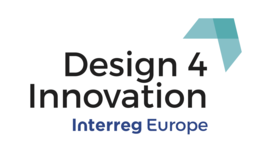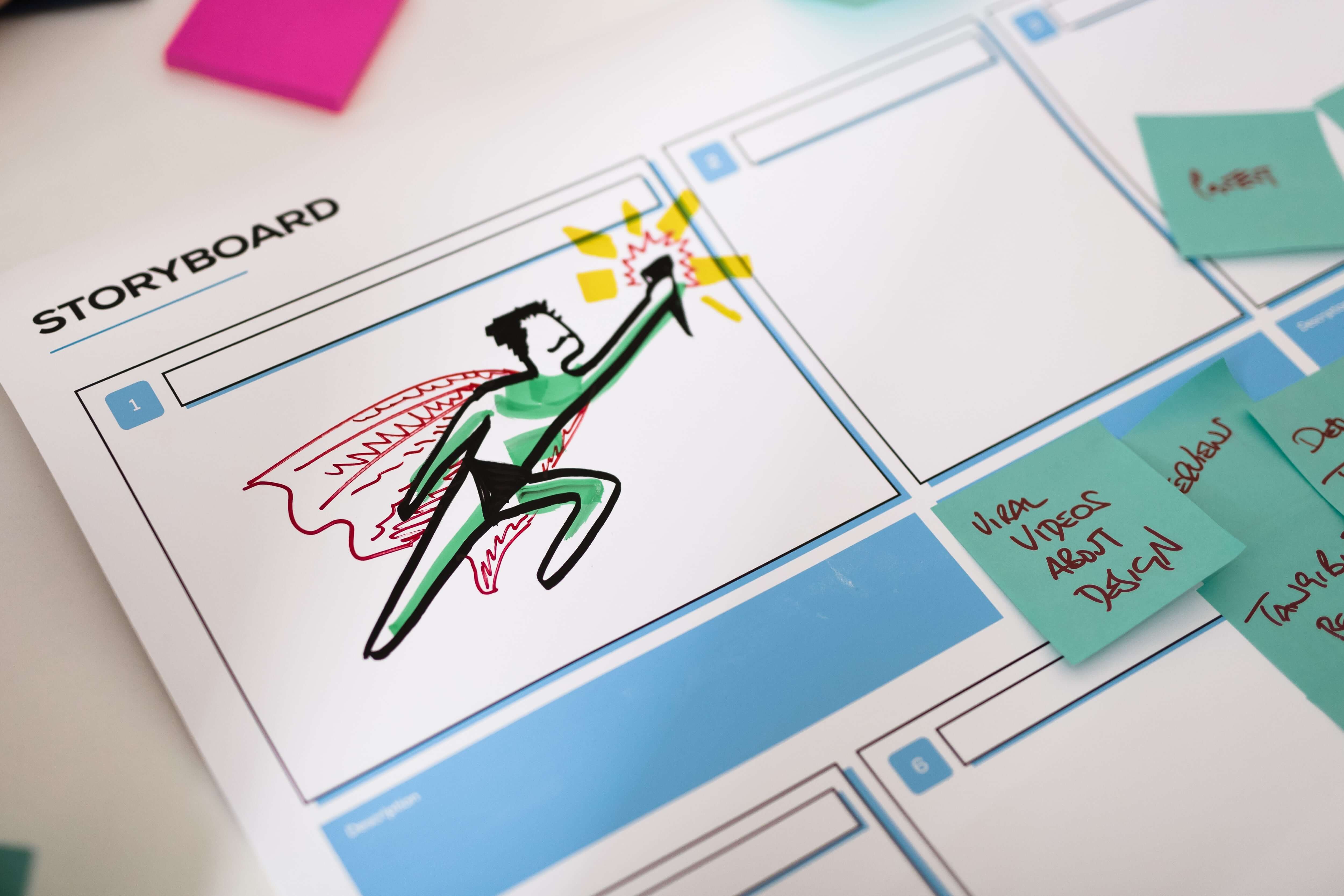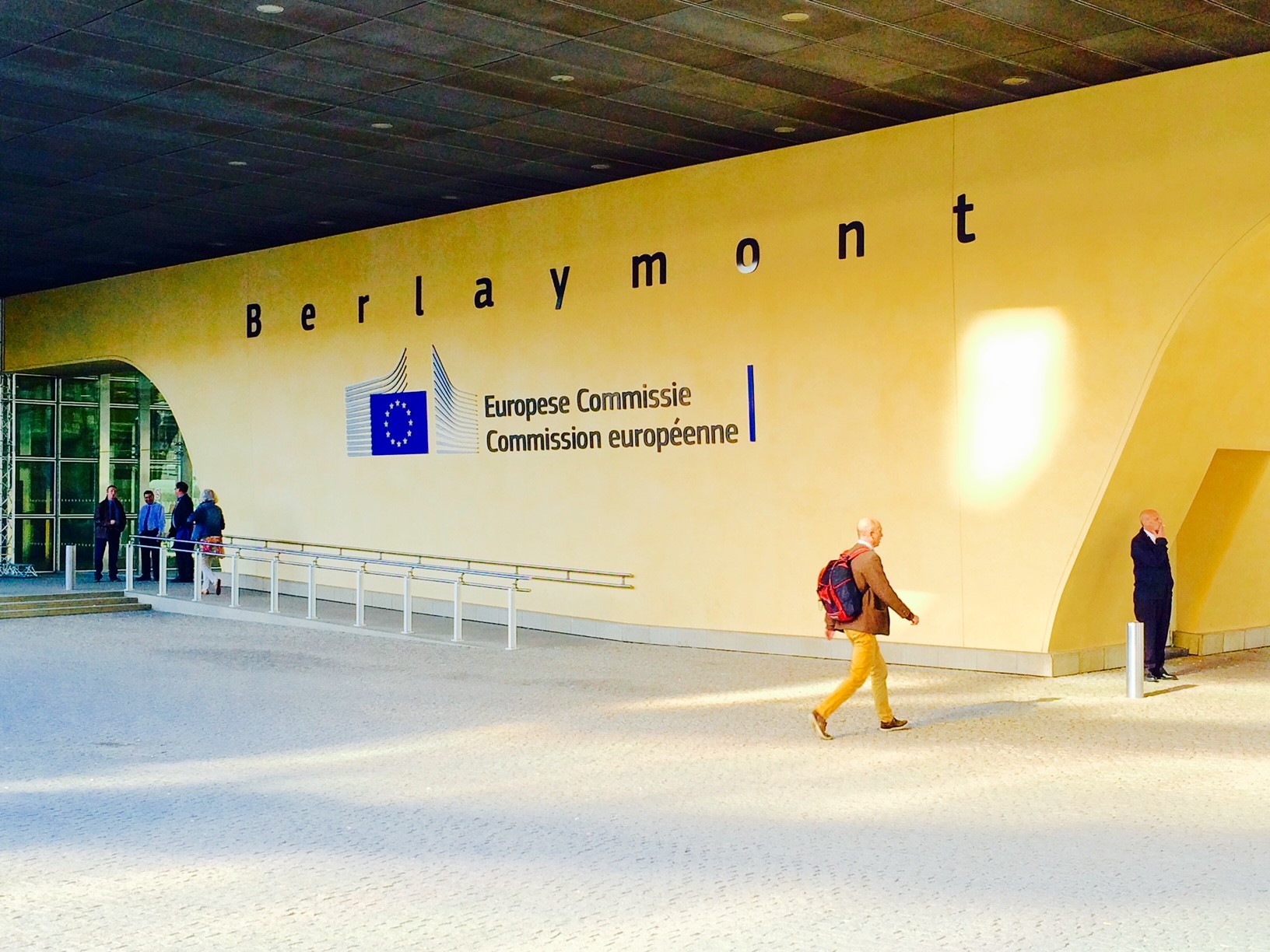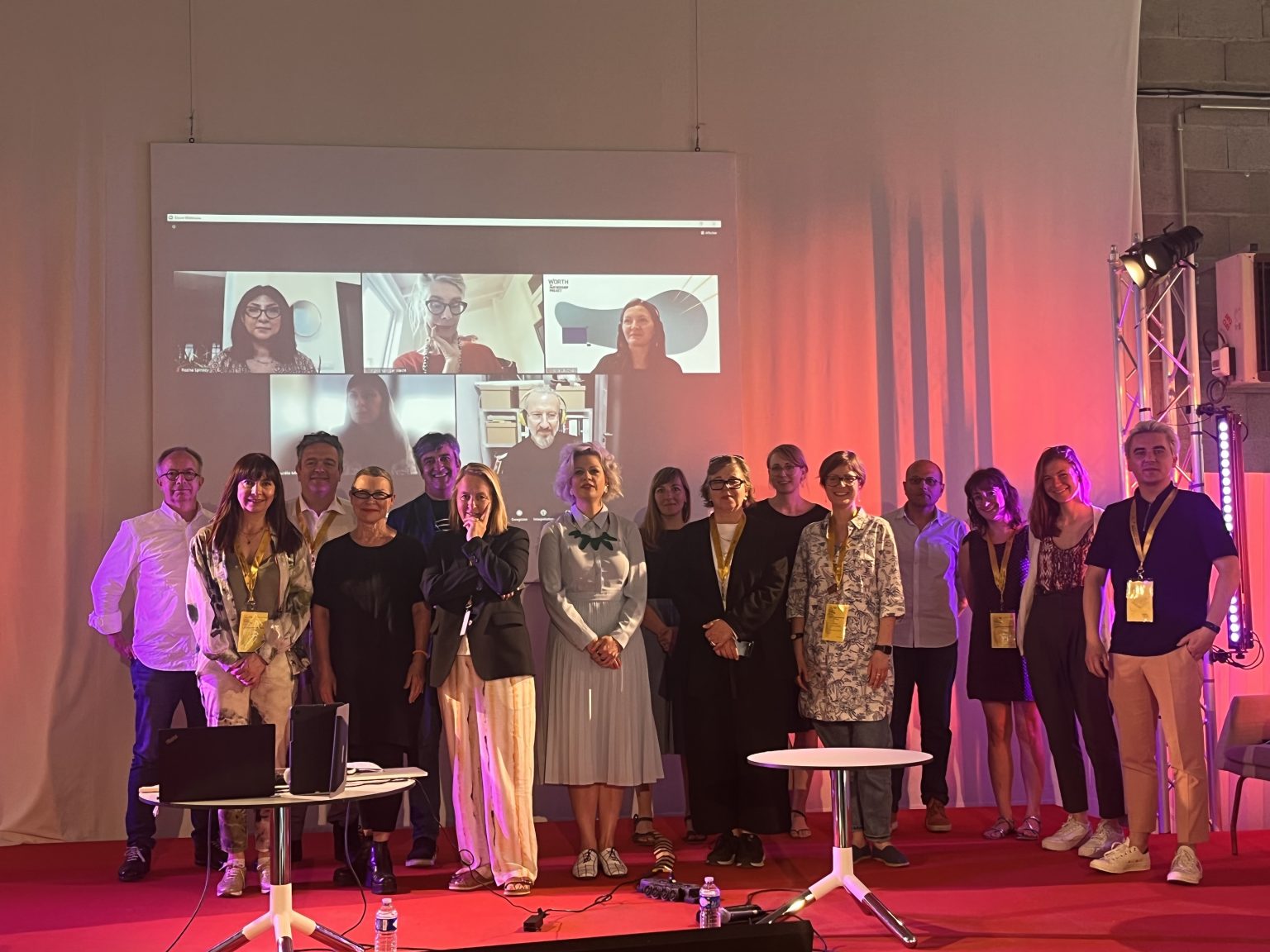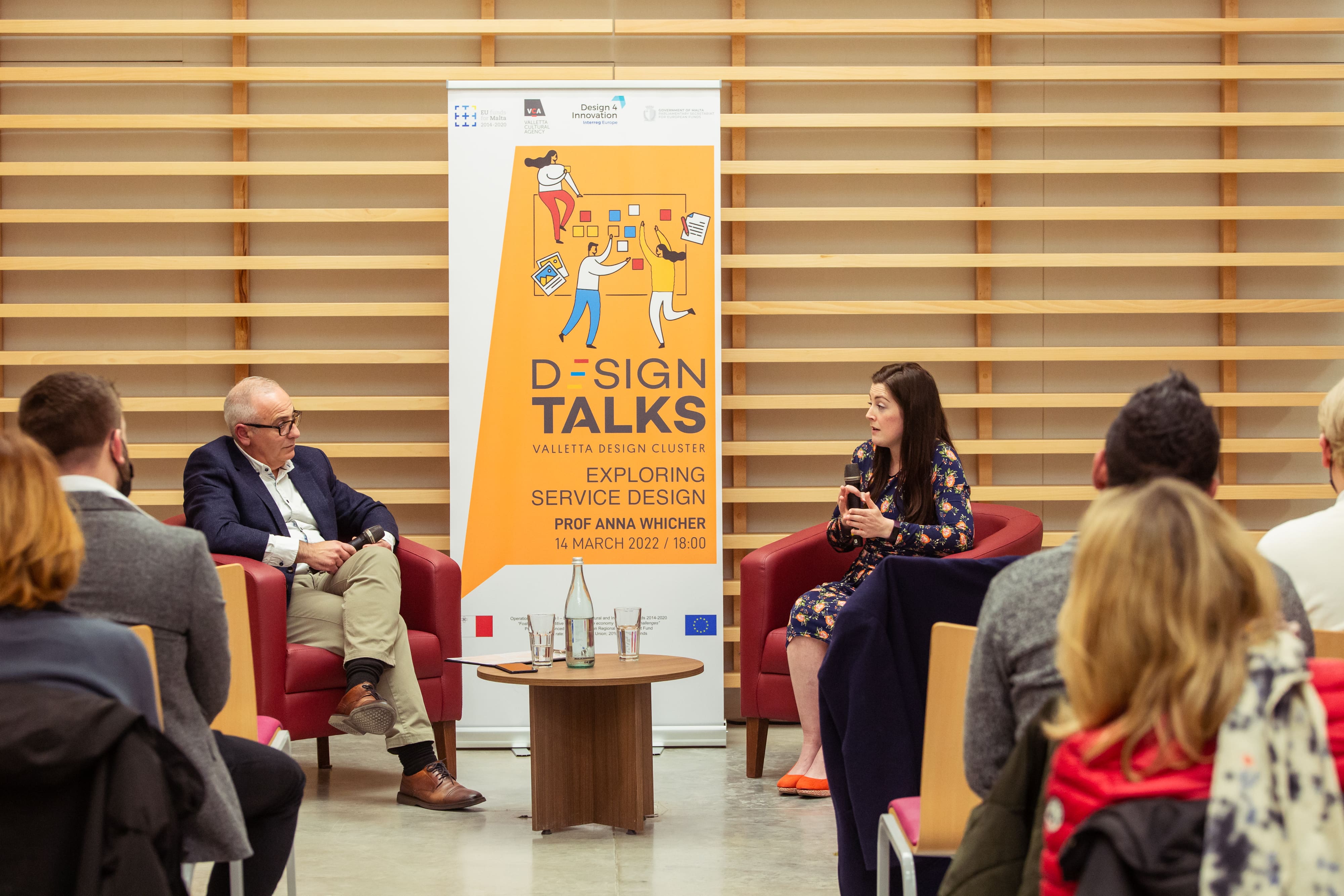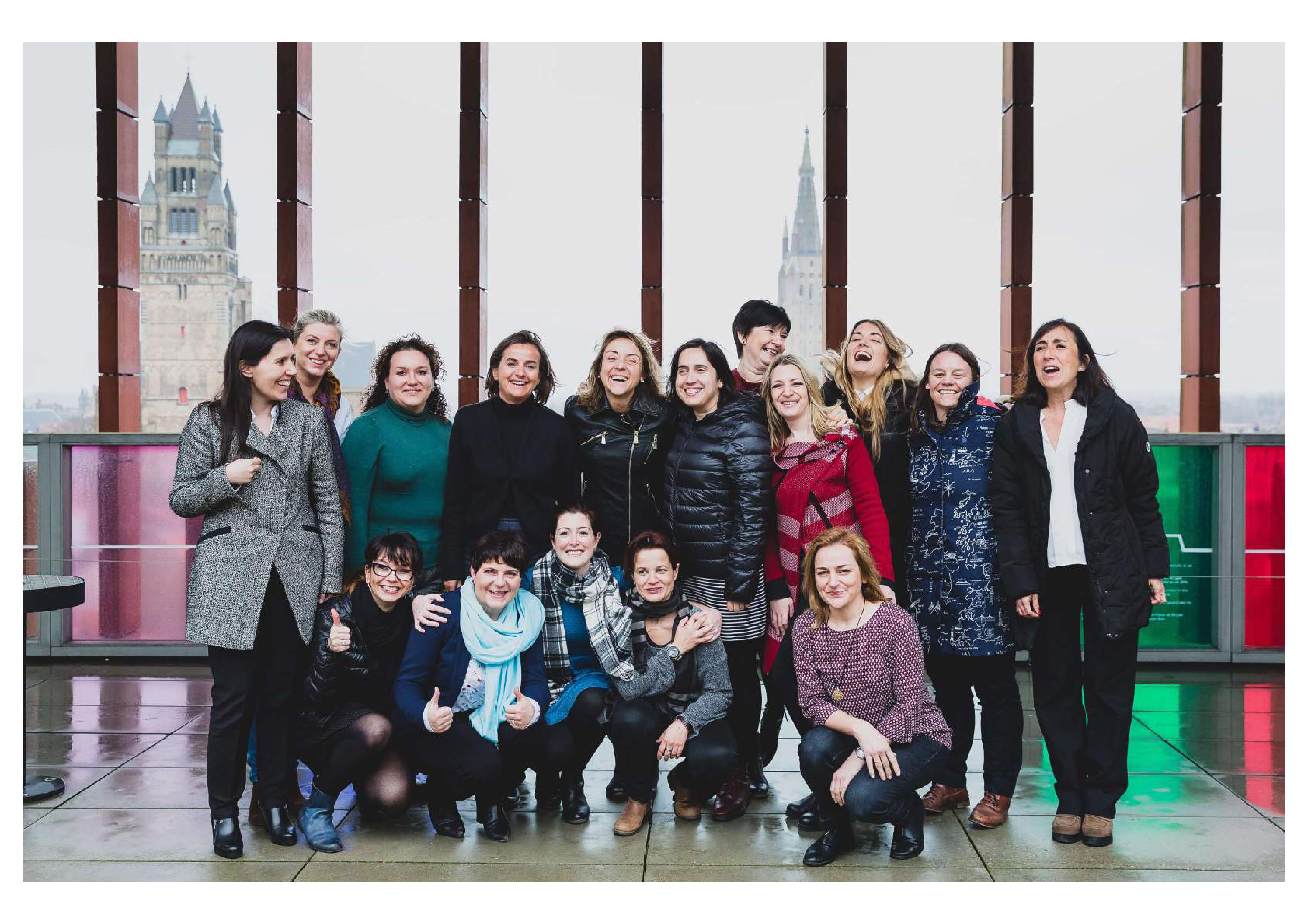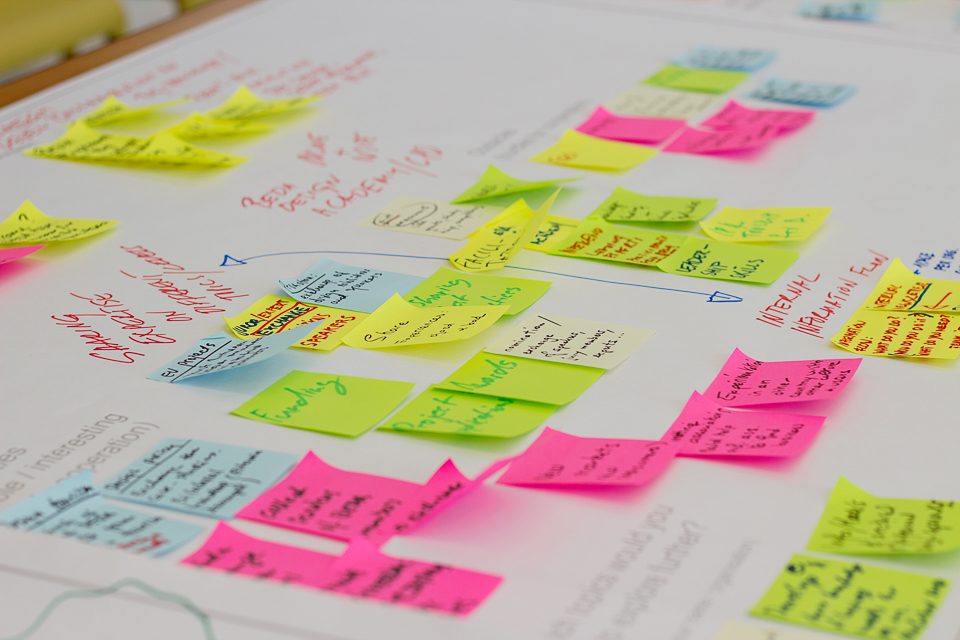“All people deserve to live in a well-designed world”, reads the Montreal Design Declaration signed at the World Design Summit in October 2017. The declaration is a joint position statement of 14 international design and non-design organisations aiming to harness the transformative capacities of design for the global advancement of economy and social wellbeing. The signatories include organisations such as UNESCO, ico-D and Cumulus, and also BEDA and SDN, of which some Design4Innovation project partners are members. The declaration recognises a diverse range of contexts where design can have an impact and it adopts a broad definition of design as:
- A driver of innovation,
- A driver of growth in SMEs,
- An agent for sustainability,
- A technology enabler,
- A change trigger and facilitator,
- A driver of the development of smart cities,
- An agent for risk reduction and resilience.

"Design fosters development of SMEs in general and the creative industries in particular."
This declaration calls for governments, professional and educational bodies, designers and the public to work together for design advocacy, the enhancement of design education, the creation of global design standards and metrics, and the development of design policies. As for design policy researchers and Design4Innovation project leader, it is exciting to see the first design action plan on a global scale that recognizes the value of design in SMEs and calls for the development of design action plans. This reaffirms our collaborative efforts and proves that we are at the forefront of the global innovation agenda.
References to design policy in the Montreal Design Declaration:
- “Recognize the need for strategic leadership on design matters at local, regional, national and international levels and with this, the need for governance models, political agendas and policy to take design into account”;
- “Design enables all aspects of society, public and private, governmental and non-governmental, civil society and individual citizen, to transition through change (i.e. austerity, demographic changes, shifts in services) to deliver a better quality of life for all citizens.”
- “Development of Design Policies: to be applied at the local, regional, national and international levels.”
- “Recognition of Design: by leaders, decision makers and influencers across all sectors of society, of the value of design, and need to foster and implement design for the greater common good.”
- “[an intent to:] To develop a world design agenda, whereby this Declaration is a first invitation to join in common cause to support design.”
- “[an intent to:] To influence and support decision making, locally and globally, on policy and resources;”

The conference itself formed part of the Summit alongside the Expo and the Meeting of the design organisations. It attracted over 3,500 participants from around the globe and 650 speakers spoke across diverse design disciplines in six overarching topics: Design for Earth, Design for Participation, Design for Transformation, Design for Beauty, Design for Extremes and Design for Sale?. Dr Anna Whicher and Piotr Swiatek from PDR were among those speakers to present their reflections on the increasing role of design across all elements of the Design Innovation Ecosystem. When speaking about the support for design, we presented the latest developments in the European Union, highlighting Design4Innovation as a good practice.
You can find a full text of the Montreal Design Declaration in the Library section of our website.
